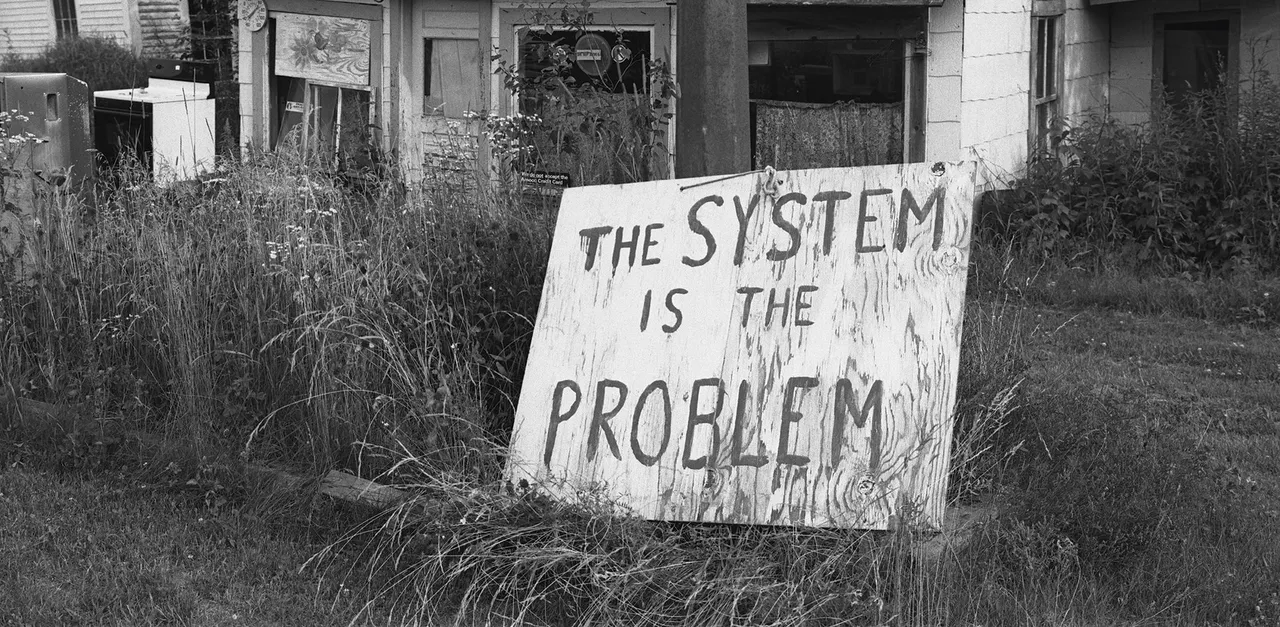Each market cycle and financial crisis is different than the previous one. Right? People most of the time learn from their mistakes, and they are likely not to repeat them in the near future. But it's a human nature to make mistakes, and every new generation keeps falling in the same rabbit hole. That's why history not necessarily repeats itself - but it often rhymes :)

Source: cdn.theatlantic.com
Today, there are political and social implications related to populism and less effective monetary policy. So the next downturn is going to be a different type of downturn. I think we will see pension problems, healthcare problems in terms of obligations that are not funded... I think it'll be more severe in terms of the social political problems and I think it'll be more difficult to handle. It'll be a slower growing, more constricting sort of debt crisis that I think will have bigger social and international implications.

Source: born2invest.com
The apologists of global capitalism like to emphasize that it still works. That there has never been a social order in history that would improve the standard of living of so many people. It is also a morally superior system that no longer has an alternative after the fall of the Soviet Union, the largest "exporter" of communism.
These are, of course, rather superficial arguments. Capitalism also leaves the "dead" behind. Twenty-six of the world's richest people owned as many assets as the poorest 3.8 billion last year. While the wealth of the richest last year averaged $ 2.5 billion a day, nearly half of people still live on less than $5.5 a day. This is unsustainable in the long run and immensely detrimental to humanity as it loses valuable potential.
What can we learn from historically recessions and financial bubbles?
- Every bubble is a large accumulation of debt
- We are currently at new all-time high of corporate debt.
- National debt is also at new all-time high.
Fun fact: The debt growth finances the bubbles that happened before!
Bubble stages:
- there's the normal debt growth that finances growth that pays for itself
- then you get into the bubble stage, when everybody's extrapolating what happened in the past -so asset prices are going up, and everybody's borrowing a lot of money to extrapolate what's happened (in that bubble stage, central banks don't pay much attention to because it doesn't affect inflation and growth)
Why are financial bubbles and problems inevitable? Because there's never the perfect balance between lending and borrowing
All we do know, is these distortions that exist in the market, are going to get monumentally worse. The evaluations of this market are ridiculous and they cannot be justified.

